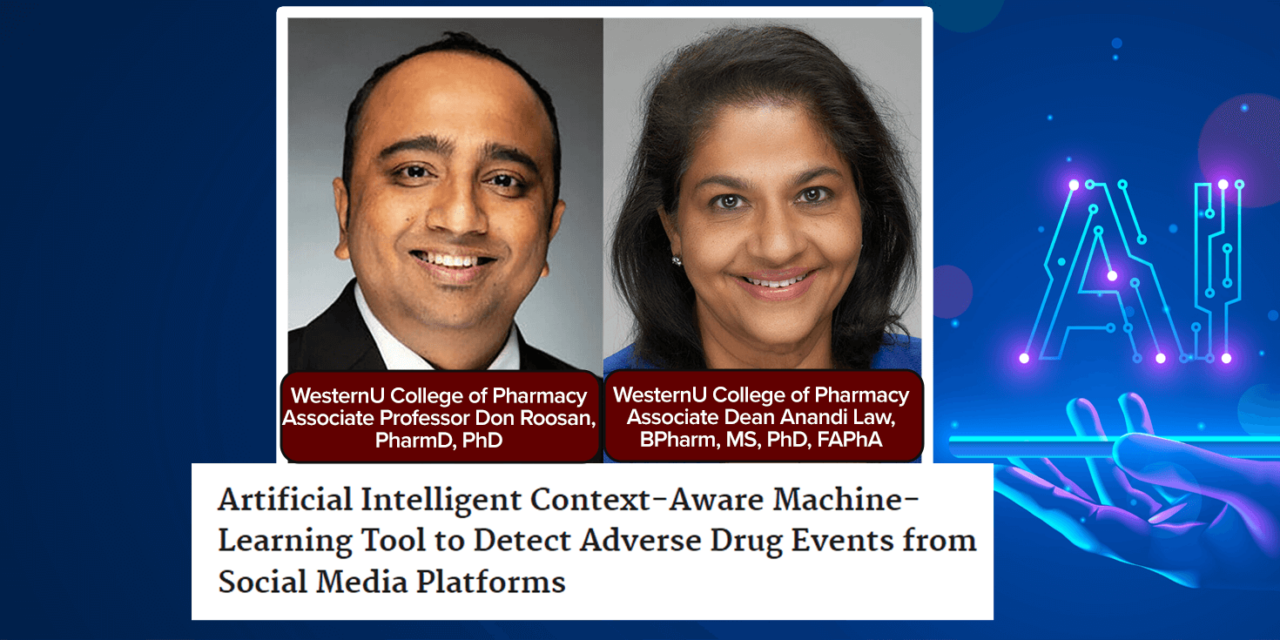Artificial Intelligence (AI) is changing the digital landscape. Massive amounts of digital data are produced in our daily lives. Specifically, social media has a myriad of data on each user. In recent years, social media platforms provided rich data sources for understanding users’ interactions, goals, motivations, and aspirations. Businesses and advertising agencies collect and analyze the data to improve productivity. Similarly, the pharmaceutical industry has focused on mining social media datasets to understand information about adverse drug events. Most importantly, consumers utilized different social media to answer some life-saving questions about medications and diagnoses. The advent of AI made it much easier to understand social medial datasets. Recent studies have focused on selecting relevant text for understanding adverse drug event information from social media sites. Yet, most studies did not successfully create a robust AI tool for consumers to understand medication-related information.
The WesternU College of Pharmacy research team, led by Dr. Don Roosan, created innovative AI software that can pull out meaningful adverse drug events data. Dr. Anandi Law on the research team contributed valuable knowledge on medication therapy optimization. For example, if users mentioned they reacted to starting a new blood thinner, the software can find similar users who experienced adverse reactions. The software can pull information on minimizing adverse drug events from social media sites. As a result, consumers can be sure if other similar patients are having such issues and seek further medical help from their healthcare professionals. The software uses innovative natural language processing tools integrated with various AI algorithms. As a result, AI models perform more efficiently than current ones in the market. In the future, users may utilize such tools and understand meaningful health information to improve their lives. The research team is working towards more AI projects to improve consumer healthcare information.
Read the abstract of the related article in the Journal of Medical Toxicology.


